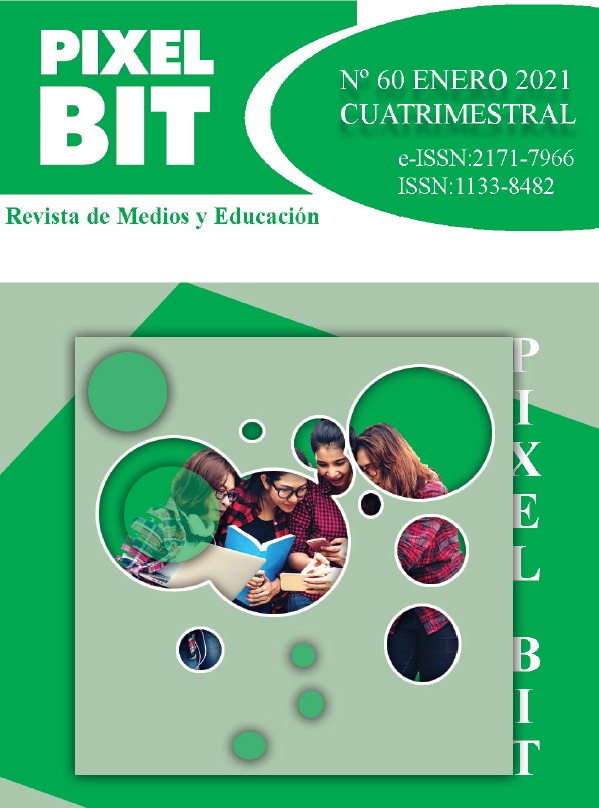Resumen
The acquisition of skills in ICT (Information and Communication Technologies) has a relevant role in the training programs of educational institutions, since these skills are among the most demanded when companies decide to look for workers. For this reason, this study aims to analyze the training in ICT skills that the students of the Faculty of Business Sciences and Tourism of the University of Huelva (Spain) possess according to their professors and the importance that these professors give to their acquisition for the future professional performance of their students, and observe if these two variables differ from the opinion of the students, to know if corrective measures should be taken in the training programs when transmitting said skills. This research is carried out through a questionnaire carried out to 46 professors of said Faculty and concludes that, in general, the study plans have been able to promote the learning of these ICT skills and to relativize the acquisition of these for the future job performance of their students.

Esta obra está bajo una licencia internacional Creative Commons Atribución-NoComercial-SinDerivadas 4.0.
Derechos de autor 2021 Píxel-Bit. Revista de Medios y Educación

